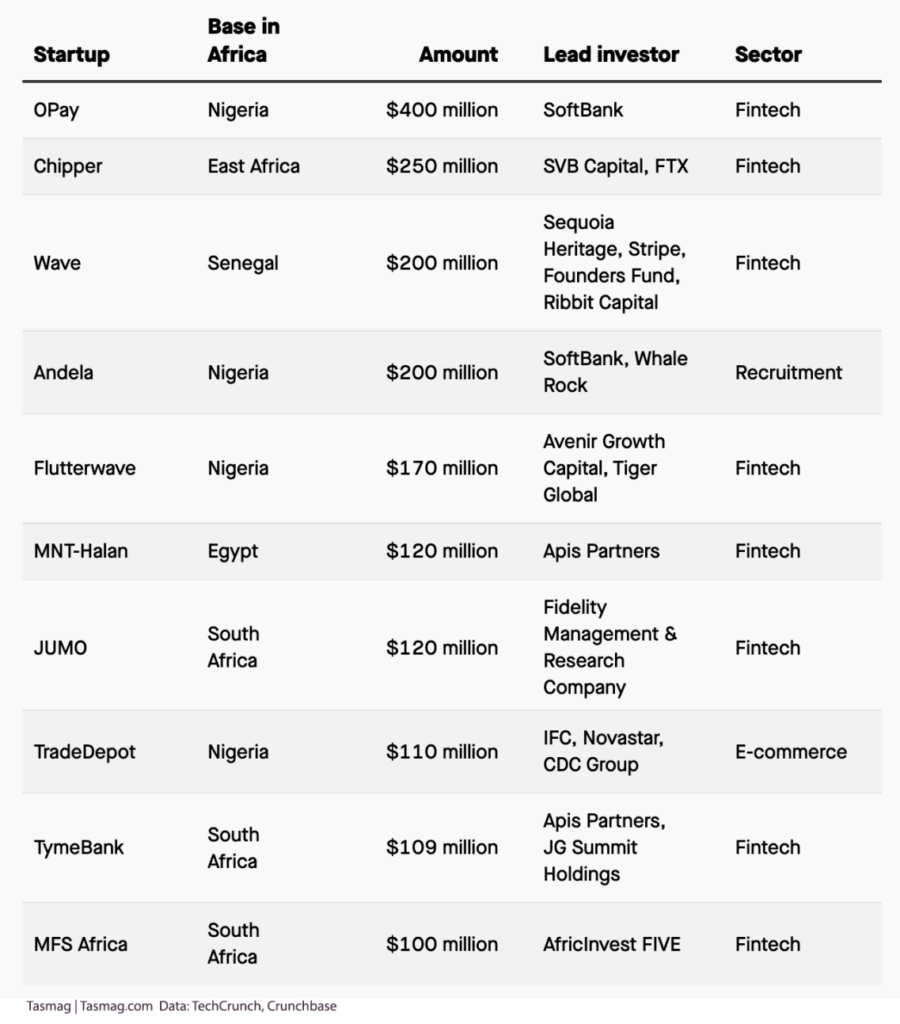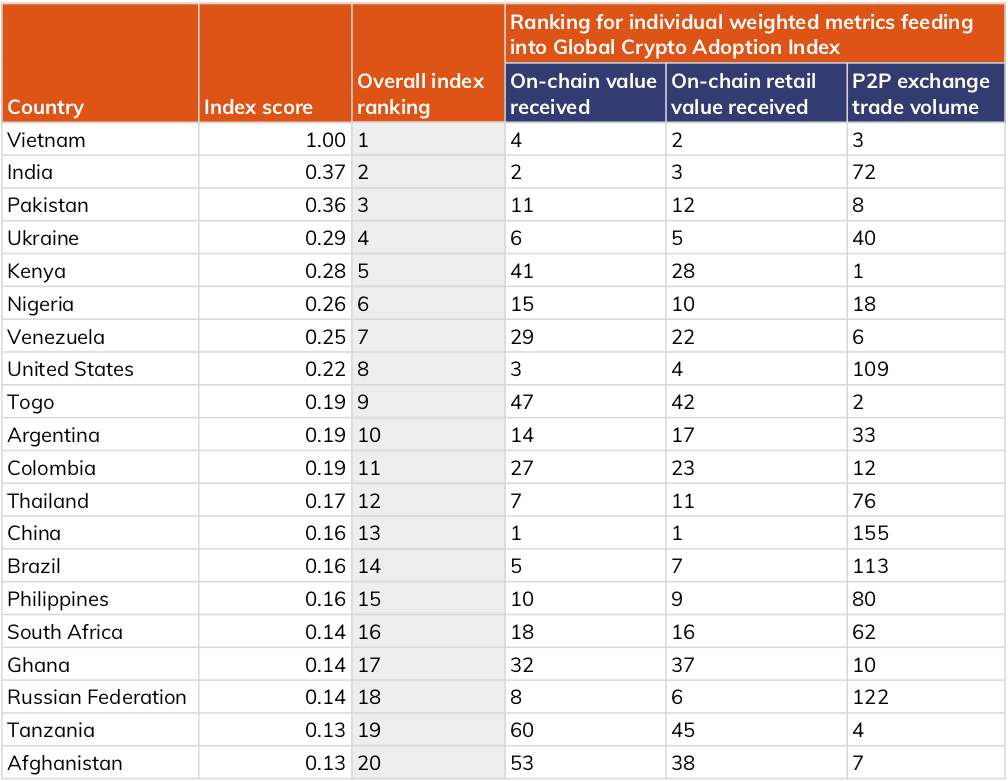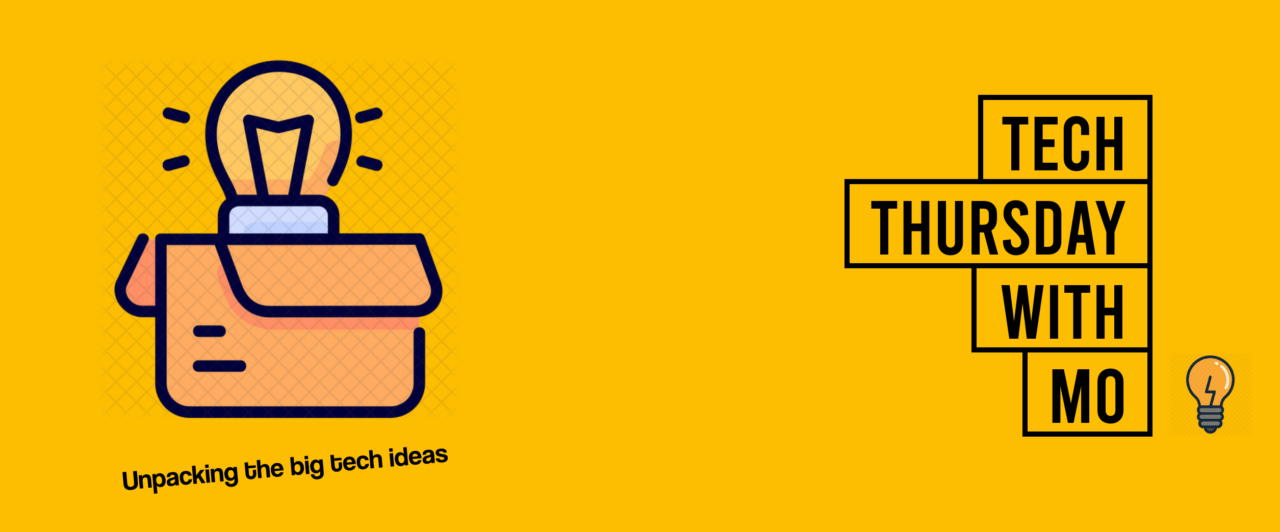Hello readers, and welcome to 2022. We are starting a dedicated column for Tech including and not limited to Product Development, Design, Products, and the new gold — Data.
We will also highlight tech brands and solutions shaping our world and defining our future.
First, we want to recap 2021 in Tech; the good, the bad, and the ugly. This synopsis will cover both Nigerian and international highlights.
Facebook to Meta
Facebook is now called Meta. Facebook has a lot of products, as we all know; Facebook, Instagram, WhatsApp, Oculus VR, and Messenger.
In a bid to consolidate all these products under one roof (same way all Google products and services are under the parent company Alphabet), the Facebook name was changed to Meta in 2021.
Many tech analysts have said that it is because Mark Zuckerberg is taking on a big bet on the success of metaverse and will be going all out to launch various products and services in the metaverse in the near future.
For some who don’t know yet, the metaverse is a virtual world where people can socialize, work, and play. Meta CEO Mark Zuckerberg believes it is the future of the internet and his trillion-dollar company.
2022 will be a defining and exciting year as Microsoft is also betting big on metaverse and will compete with Facebook for the metaverse market.
Fall of a giant?
Google fell off as the number one most visited website in 2021.
According to Cloudflare Radar, a new king has been crowned the most popular website after Google has maintained the top spot for over a decade.
In 2021, TikTok outranked Google and every other major website as the most visited website worldwide.
Below is a list of the top 10 ranking of the most visited websites according to Cloudflare Radar
1) TikTok.com
2) Google.com
3) Facebook.com
4) Microsoft.com
5) Apple.com
6) Amazon.com
7) Netflix.com
8) YouTube.com
9) Twitter.com
10) WhatsApp.com
As internet traffic grows in 2022 and various activities shape our world and the digital world, there might be new upsets in the ranking this year.
Maybe internet users could adopt metaverse or anything new entirely. But for a comprehensive breakdown of 2021 internet web traffic data, visit Cloudflare Radar.
The Big Deals in 2021 (Chilling with the big boyz)
2021 was more than a good year for African startups; billions of dollars were raised across multiple sectors in various deals by African startups in 2021.
According to The Big Deal’s breakdown, Nigerian start-ups have a more significant chunk of the money pie – accounting for $1.4 billion in 215 deals in 2021. 80% of the total amount raised and 76% of all deals; 35% and 29% respectively for Nigeria alone.
The most notable is SoftBank, the Japanese firm whose exit portfolios include Alibaba, Uber, Nvidia, and Flipkart (before reinvesting.) In the year under review, SoftBank led two rounds in Africa this year: OPay’s $400 million and Andela’s $200 million.
The African start-ups that raised $100 million or more in 2021:

This year, Tech Thursday will be hands-on to give all the juicy news and reports about all the major funds raised and deals on the African continent.
Unicorns and Counting
2021 was a good year for Nigerian startups, and there is no better way to qualify that other than the fact that at the end of 2020, there was only one unicorn start-up.
Nigeria now boasts five unicorn start-ups in OPay, Flutterwave, Chipper Cash, and talent outsourcing company Andela, to join Interswitch as the continent’s unicorns.
In March of 2021, Flutterwave led the way when it raised $170 million in a Series C round which saw its total funding reaching $225 million.
Shortly afterward, Opay came into the foray when it raised $400 million, which saw its valuation skyrocket way beyond the $1 billion unicorn valuation mark.
In September, Andela joined the league of big boys and became the latest Unicorn in the house after SoftBank led its series E round.
Chipper Cash followed immediately and made the list as Africa’s seventh Unicorn when it raised $150 million extended round after raising $100 million Series C earlier in May.
Francophone Africa’s first Unicorn.
Still on unicorns, Wave (a Senegalese start-up) broke the English-speaking African tech unicorn monopoly.
Before now, African tech unicorns had been founded in predominantly English-speaking countries, but Wave broke that in September 2021 by being the first Francophone African Unicorn.
Wave is a fintech start-up which became a unicorn after it raised $200 million in Africa’s largest Series A round to date.
Launched in Senegal in 2017, Wave offers free deposits and withdrawals via its mobile application and a 1% fee for transfers.
Its low-cost solution has accelerated adoption by the Senegalese and fast becoming a major mobile money operator in the country.
Metaverse Magna GameFI (Play to earn crypto gaming platform)
GameFi has been growing rapidly since the pandemic hit; game players and enthusiasts have been making money via crypto just for doing what they know how to do best and love.
What is GameFi, you say? You’ve heard about DeFi, right? DeFi means Decentralized Finance, and it uses blockchain technology. GameFi and DeFi have many similarities, but there are also some crucial differences.
The DeFi sector has more structure but without any recent major improvements, whereas GameFi is a brand-new sector with many rules and standards yet to be set. Moreover, GameFi has less chance of manipulation by crypto whales.
GameFi is a blockchain technology that means Game Finance and has been rapidly adopted by China and other Asian countries’ game players over the last few years.
Nextcoin CEO (Founder of Bundle Africa) Yele Badamosi announced a play-to-earn crypto gaming platform late last year called Metaverse Magna (MVM). According to his statement via Twitter.
FirstCheck
Access to funds for African start-ups over the years has been challenging until recently. Access to funds by female-led founders is even more challenging, and that is where FirstCheck comes in.
Odun Eweniyi, Co-founder/COO of Piggyvest and Eloho Gihan-Mbelu, a former investment banker with over 15 years of career in banking and investment, co-founded FirstCheck.
FirstCheck is focused on female-led or female co-founded start-ups who are primarily in their early stages and trying to raise pre-seed funds. FirstCheck has received over 200 applications from female founders and start-ups with diverse teams.
The applications process is entirely open (see here); no warm introductions are needed or founders jumping through hoops to get their attention. Every month, FirstCheck reviews about 40 start-ups on average!
FirstCheck Africa’s first four portfolio companies, led by female founders in three different African countries, are Foondamate (South Africa), Healthtracka (Nigeria), Tushop (Kenya), and Zoie Health (South Africa).
On the low (The not so good stories in 2021)
Despite the giant strides and wins recorded last year by start-ups in Nigeria, we cannot talk about the highs and not the lows. Two major low points were recorded in the Nigerian tech ecosystem in 2021 — the two major bans.
On February 5, the CBN released a directive ordering all financial institutions to stop facilitating crypto transactions and desist from transacting with entities engaging in crypto.
This ruling, signed by the CBN Governor, states specifically that crypto transactions are explicitly illegal and not recognized by the apex bank in Nigeria.
It is a hard blow for the crypto market and start-ups in Nigeria because of the massive adoption by the teeming youth population.
Many saw crypto as an alternative to storing wealth against a dwindling currency. This move saw a lot of Nigerian crypto start-ups setting up bases in foreign countries where there is no ban in place.
Patricia.com, one of the leading Nigeria crypto start-ups, moved its head office to Estonia and listed other foreign locations where the start-up is located on its official website.
Furthermore, the ban was a setback in terms of the policy. Still, in terms of usage and adoption by young Nigerians, the ban did not deter crypto trading in Nigeria because “We get coconut head”.
Instead, a new way of trading was adopted, which is P2P trading. P2P means peer-to-peer trading, which crypto traders on platforms like Buycoins, Bundle Africa, and Busha adopted to transact and trade.
Risks remain, however. In August, the Central Bank froze the accounts of some crypto users for allegedly sourcing funds from illegal foreign exchange dealers.
Others were targeted in various banks, and their bank accounts were frozen and were required to explain their income source due to the large inflow and outflow of funds in their accounts.
According to data collected and analyzed by ChainAnalysis, Nigeria ranked 6th in overall crypto adoption ranking in 2021 and second in Africa to Kenya is 5th in the world ranking.

The second low point for the Nigerian tech ecosystem was the Twitter ban in Nigeria shortly after the tweet of President Muhammadu Buhari was deleted in June 2021.
Twitter in Nigeria is more than a social media platform. Many entrepreneurs, businesses, marketers, content creators, and vendors use the platform for marketing and advertising their goods and services.
This ban has impacted many businesses and startups that predominantly use Twitter as a medium of engagement and interaction between them and their customers and would-be customers alike.
British firm Top10VPN estimates that the ban has affected around 104.4 million internet users in Nigeria and cost the country around $366.9 million.
The firm calculated the estimates using a tool developed by an internet governance watchdog organization Netblocks and Internet Society, a US advocacy non-profit. The tool is based on similar methodologies used by organizations such as the Brookings Institution, a US research organization.
Projections and outlook for 2022
The internet is fast-growing, and it is the oxygen that tech companies breathe in today while they breathe out outstanding innovative products and services. In 2021, there was a hot global debate about Web3 among prominent tech analysts. Like any other divisive issue, there will be supporters and those against it; this one is no exception.
And we expect this conversation to erode our online spaces this year, and beyond that, there are major ground-breaking Web3 products and services already in the pipeline. We expect 2022 to usher in these products and services.
The basis of the internet is innovation, and web3 evolution, which is backed by blockchain technology, will thrive on its own; whether it will phase out web2 entirely is what we need to be on the lookout for in the coming years.
African start-ups and tech ecosystems had a massive growth in funding and deals last year. Africa has long been cited as the final frontier for global growth and investment.
Last year was a sign that it can get better as African founders and startups challenge themselves among global innovators and founders for their fair share of the investment pie.
With more funding comes more responsibilities. To live up to that billing, African governments need to cover infrastructural deficits, avoid regulatory inconsistencies, facilitate human capital development and tech talents base to allow African startups to thrive among their global peers.
Fintech has been a significant source of investment for Nigerian startups, and going by the numbers released by NIBBS: Nigeria processed 3 billion electronic transactions valued at $588 billion IN 2021. It is expected that this number will rise in 2022.
Thank you for reading the 2021 tech ecosystem recap.






Add a comment